Once there was a little boy who cheered in a field when his hero won the race. So great was his display of emotion that it was captured on film, the hero took note, and the little boy was granted an opportunity to meet his idol. They met and smiled for pictures, and the little boy vowed to his hero that he, too, would one day become a racer and follow in his idol’s footsteps. The hero smiled. Not a full smile, but a smile nonetheless.
The boy went home and saw his father working in the yard on the boy’s racing bicycle. The boy paused, looked at his father in a quizzical way, and asked him a question.
“Father, you were a talented racer when you were younger, weren’t you?”
“Yes, son, I was. I won many races from the time I was your age until I was in my twenties.”
“Why didn’t you race as a professional?”
The father looked at his son, holding an autographed kit courtesy of his hero, the son fresh off his first two races, and made a decision.
“It is time you knew the way of the world, son. Why don’t you grab a few snacks from inside the house, and we’ll sit over by the trees in the yard.”
The son ran inside, said a quick hello to his mother, saw his younger sisters playing in the drawing room, and told his mother that he was heading outside by the trees to have a conversation with his father. She smiled a small smile, and told him he should be proud of his father for being one of the best bakers in their village. Their bakery employed a number of people, and was a great source of pride to many folks in the area.
He ran back outside and saw his father was already sitting by the trees, with the special bottle of liqueur he drank from when he was in one of his quiet moods. His father usually had something important to say to the family after a small shot from the bottle. The boy had put on his jersey, proudly displaying the logos of the powerful companies that put their trust in the racers who rode fancy and expensive bicycles, thus bringing them attention in a way that was different from their normal business dealings.
The father looked at his son, proud of his love for the sport of cycling.
“Let me tell you a story, son. You are old enough to understand.”
The father told his son about the great many races he won – there were a number of trophies and photos attesting to his prowess in the family tool shed – and the names of all the great racers against whom he had raced. He then told his son the stories about being recruited by the professional teams, and of the preparation he would be required to do, and the vast compensation he would receive for said preparation. One team told him he would have to go to Tenerife regularily. Another team told him he would have to live in Tuscany. Another team told him he would have to live in Valencia. Still another team told him he would have to live in Catalonia. The last team told him he could live in Monaco in a flat paid for by the team owner.
“Why those places father?”
“Because that is where the doctors who did the preparation worked. We had to go to them for visits, to get our programme, and for check ups to make sure we were doing our preparation correctly.”
“Why didn’t the doctors just travel with the teams?”
“Because it wasn’t allowed.”
“By whom?”
“By those who gave us the rules to ride by.”
“Did those who made the rules know what was going on?”
“Yes.”
“Why didn’t they just change the rules so the doctors could be with you to make sure you stayed safe?”
“Because the politicians in the real world didn’t think it was right. They made it illegal in many countries to prepare for races.”
“But if it helped the riders stay safe, why should it be illegal?”
“Because, as in all things, the line between safety and cheating is very small.”
The father gave him a metaphor, using the bakery as an example. He told him of men who came to the bakery offering chemicals that could be put in his breads, making the breads stay fresher for longer and enhancing the taste of the bread, which would give the bakery more money for less labour. The father said no to these people, because he felt those chemicals affected the customers who ate his bread, and he couldn’t, in good conscience, cause damage to the health of his customers.
The son was quiet for a moment.
“I understand, father.”
“You do?”
“Yes.”
“What do you understand?”
“Like you always tell me, it isn’t about winning, or having more money, or being a big shot. It’s about being able to look at yourself in the mirror.”
The father smiled. He had always told his son it wasn’t important to be a good person when everyone was watching, but to be a good person to others and yourself when no one was watching; that was the most important lesson of life. It wasn’t until this moment that the father realised his son was beginning to understand Life.
“Yes son. Doing things the right way, when no one is watching, has its own reward. To suffer, and to feel that suffering – be it working ten hours at night to bake the bread, or to ride 260 kilometres during a snowstorm to win a race as I did – provides the reward, if you can look upon your own image in the mirror and like the face that looks back at you.”
The son thought for a moment and posed a question.
“But it never hurts to enjoy the smiles of the customers and the fans at races, does it?”
“No son, to enjoy it – to have meaningful interaction with fellow human beings – is what gives us the communion of connection with those who appreciate similar pursuits.”
The father poured himself another shot of his favourite liqueur, pulled out a second glass, and poured a very minute amount for his son. He also offered a reminder.
“Savouring All in small doses ensures you don’t allow One to corrupt and ultimately destroy you or the ones you love.”
“Father, is that why you chose the bakery rather than continue racing?”
“Yes son, sometimes it is better to be the maker of your own rules. Truth does not follow someone else’s whims and desires.”

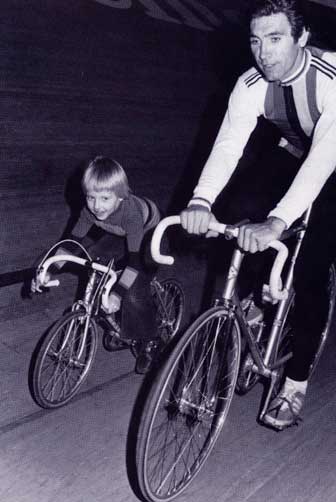

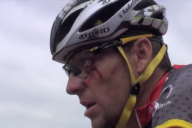
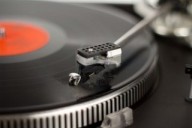



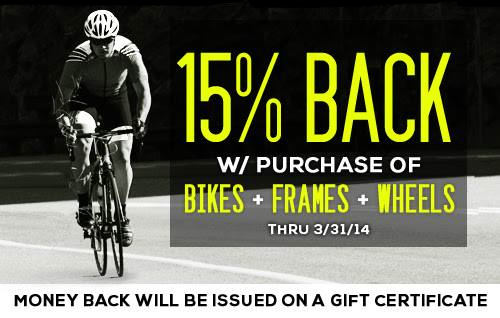

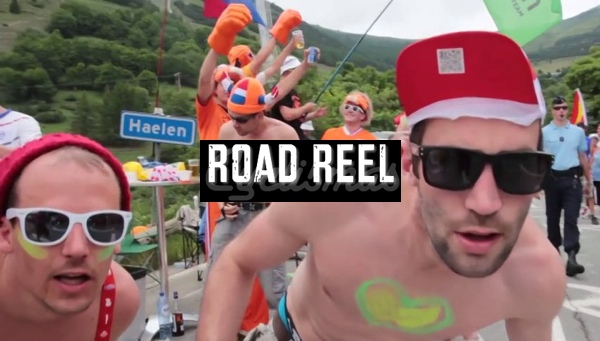
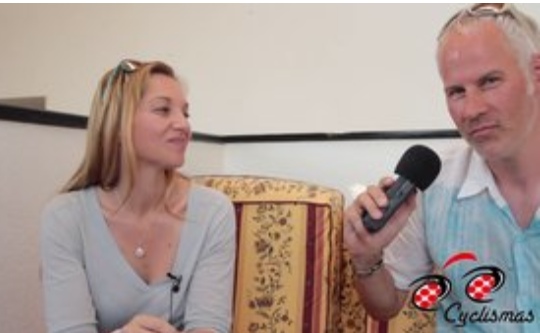
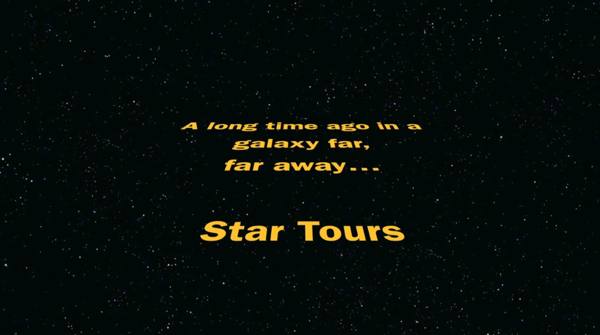
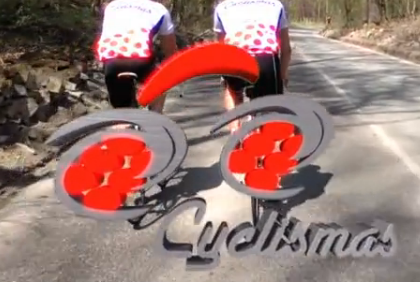

No Comments